Vanderbilt Peabody College Of Education And Human Development
-

Commodore City: Vanderbilt and Nashville continue their collegial relationship into the next 150 years
From arts to athletics to education and innovation, Vanderbilt has been a driving force in helping shape an ever-evolving Nashville into a dynamic, world-influencing city. Read MoreMay 15, 2024
-

Welsh leads equity-centered research practice partnership to reduce racial disparities in school discipline
By Jenna Somers Richard Welsh Last year, Richard Welsh, founding director of the School Discipline Lab, reported findings on the persistence of racial disparities in exclusionary school discipline practices. Despite suspensions declining over the past decade as schools reformed their policies, exclusionary disciplinary rates remained higher for… Read MoreMay 13, 2024
-
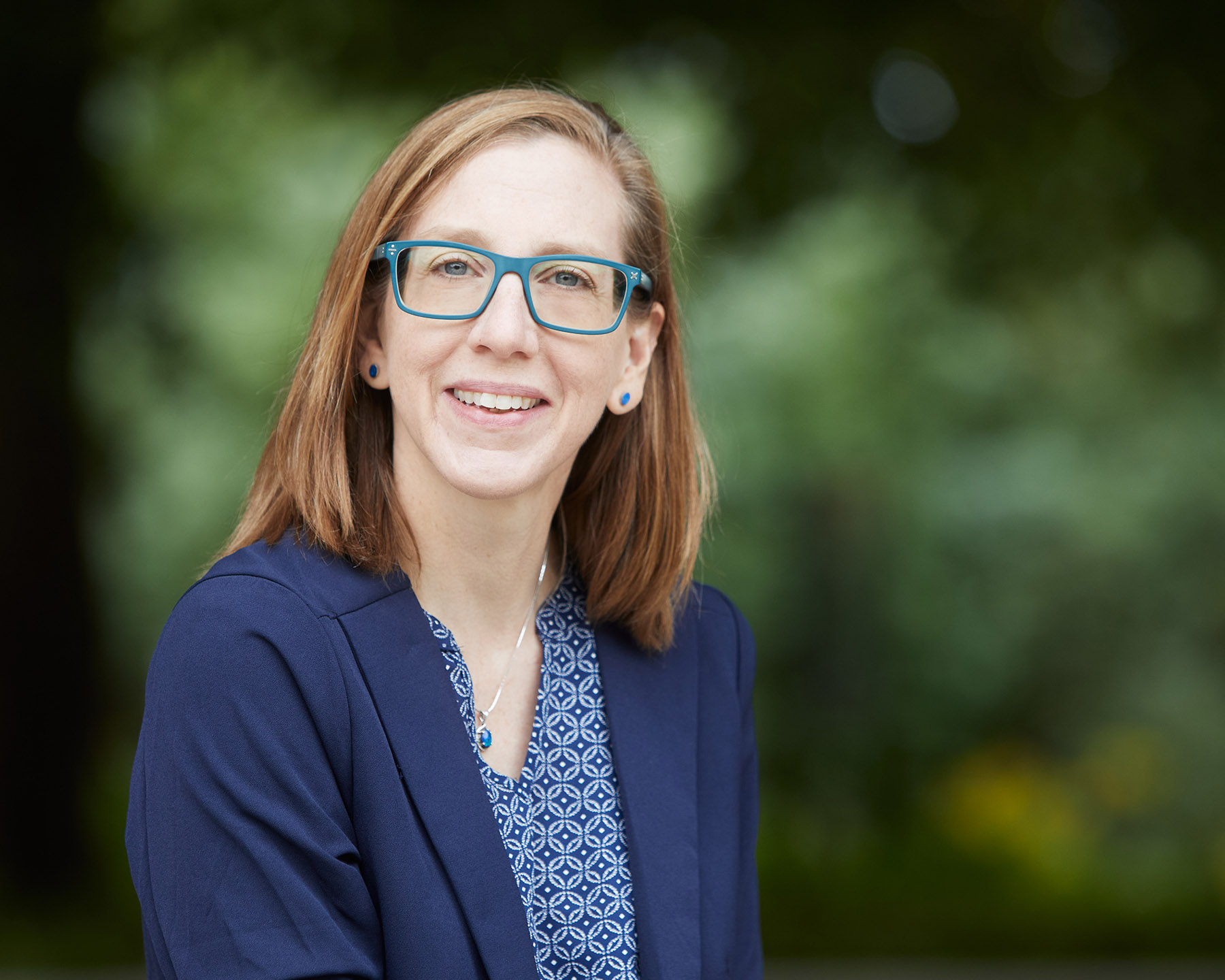
Kristen McMaster, special education professor at the University of Minnesota, named Peabody Distinguished Alumna
Kristen McMaster Vanderbilt Peabody College of education and human development will bestow its 2024 Distinguished Alumna Award on special education and literacy researcher Kristen L. McMaster during Commencement ceremonies on May 10. A Triple ’Dore, McMaster earned her bachelor of science in 1995, master of education in 1998,… Read MoreMay 6, 2024
-
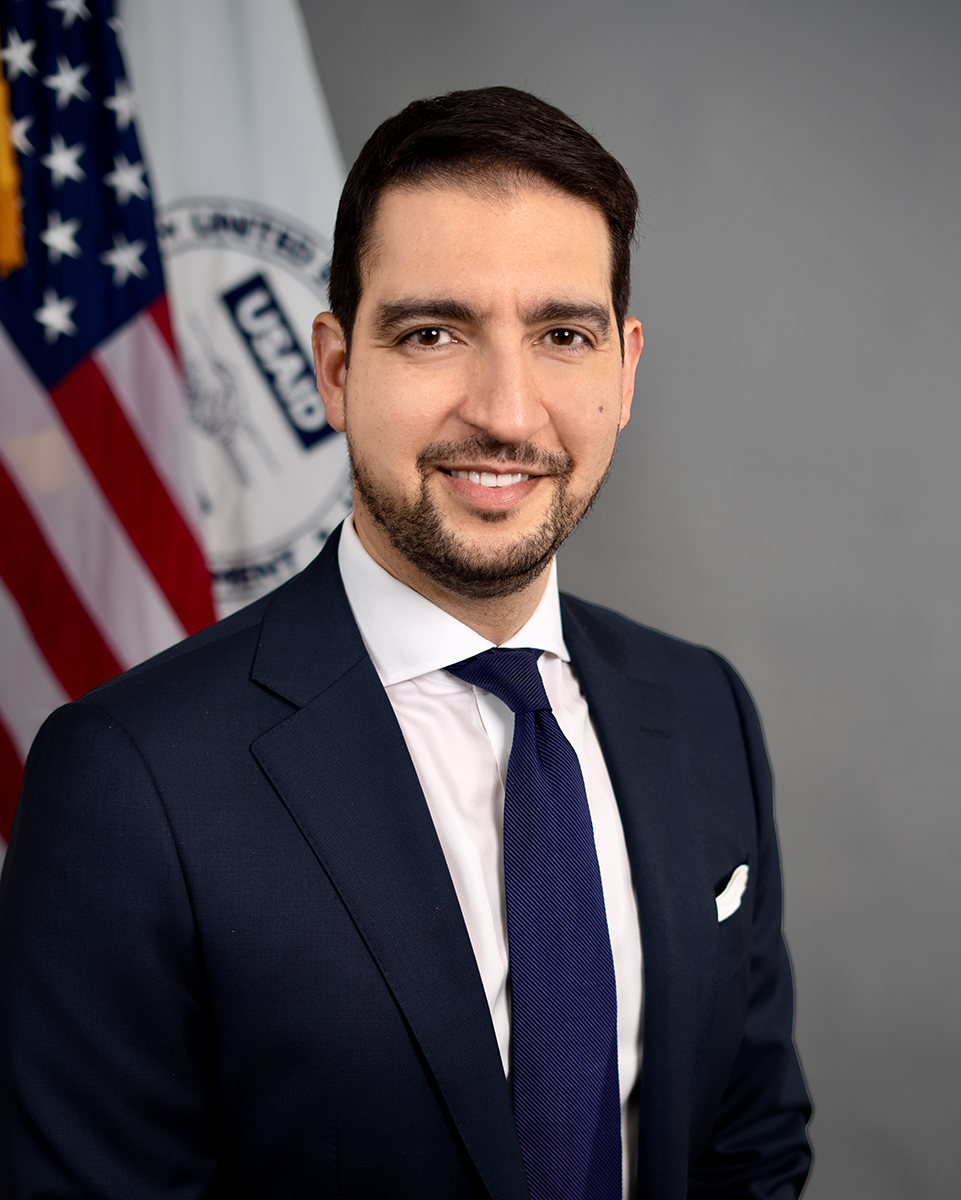
Mohamed Abdel-Kader, MEd’04: Innovation for Good
Mohamed Abdel-Kader, MEd'04, is the chief innovation officer and executive director of the Innovation, Technology and Research Hub at the multi-billion-dollar U.S. Agency for International Development, where he enjoys solving real problems creatively while making the most of U.S. aid. Read MoreJan 31, 2024
-
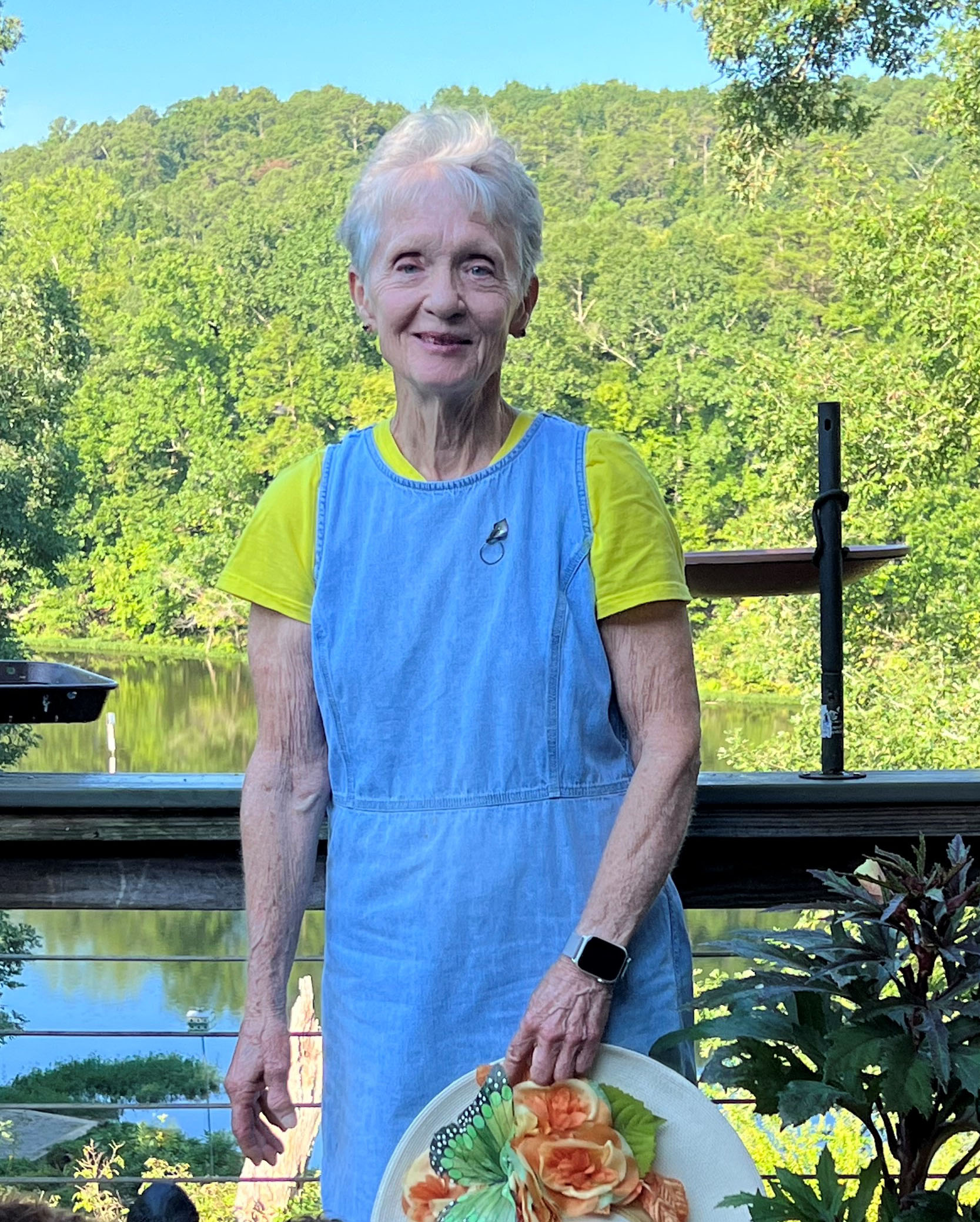
Bess Parks continues a teaching legacy
To continue the legacy in education to which Bess Parks owes her own career, she wants to give back to those who need help paying for higher education. Through the establishment of two charitable remainder unitrusts and a retirement plan beneficiary designation, she’s found a way to do that and honor the memory of her mother, also a teacher. Read MoreNov 7, 2022
-
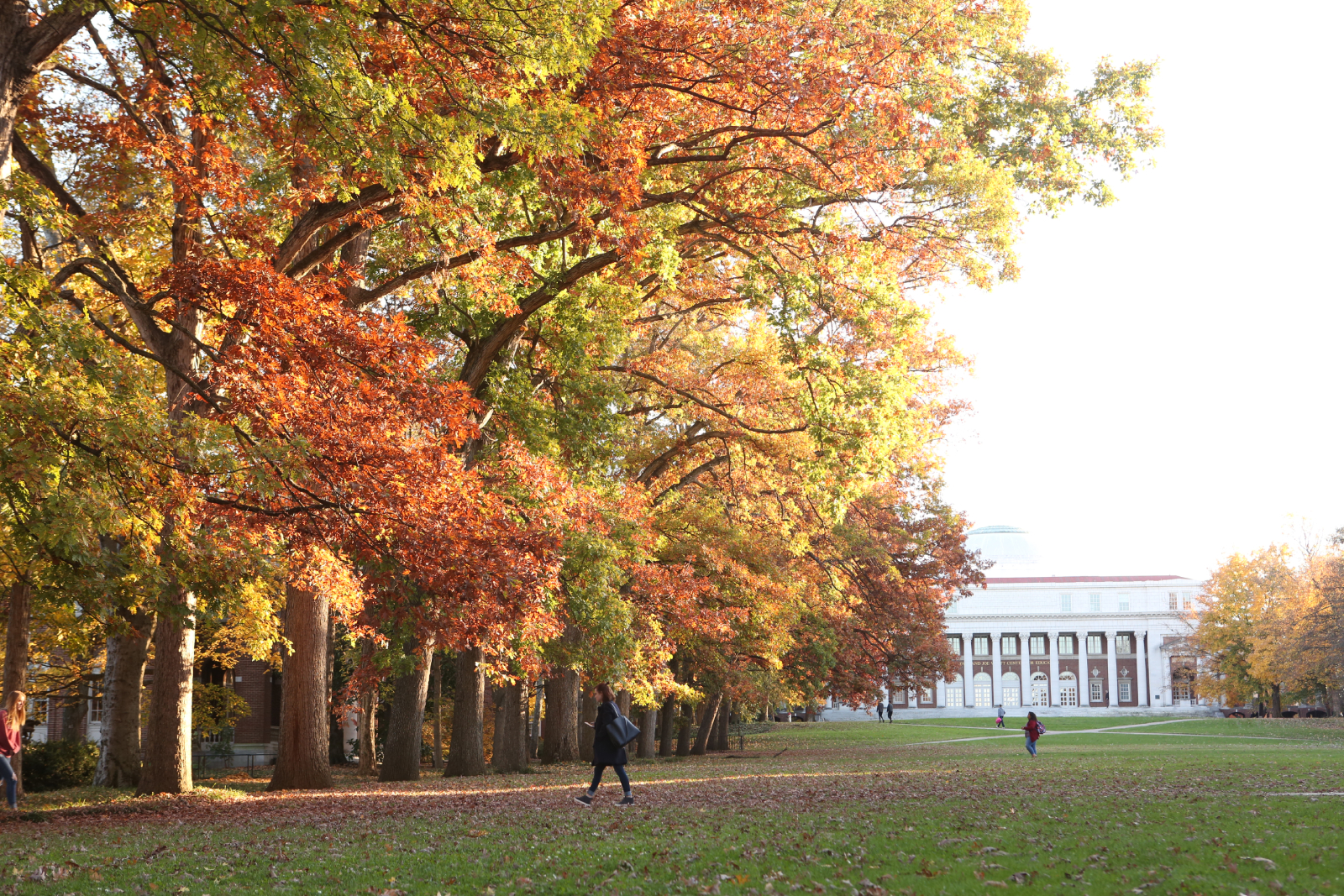
New Vanderbilt Peabody College faculty Mark Chin and Jennifer Russell address school equity issues
Assistant Professor of Leadership, Policy and Organizations Mark Chin and Professor of Leadership, Policy and Organizations Jennifer Russell joined the Department of Leadership, Policy and Organizations at Vanderbilt Peabody College of education and human development this fall. Read MoreOct 4, 2022
-
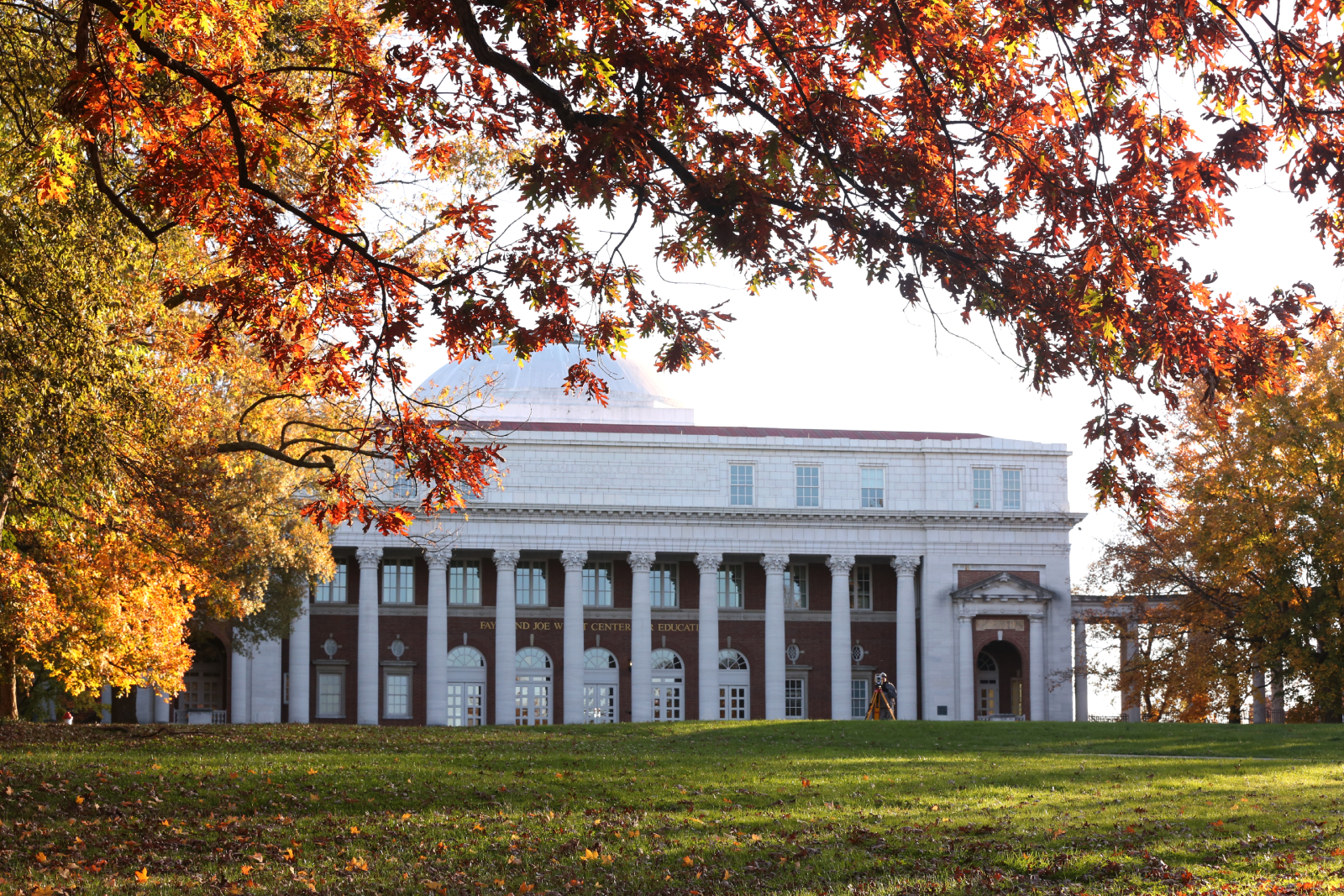
New Vanderbilt Peabody College faculty Thomas Smith and Richard Welsh address school equity issues
Professor of Public Policy and Education Thomas Smith and Associate Professor of Education and Public Policy Richard O. Welsh joined the Department of Leadership, Policy and Organizations at Vanderbilt Peabody College of education and human development this fall. Read MoreOct 4, 2022
-
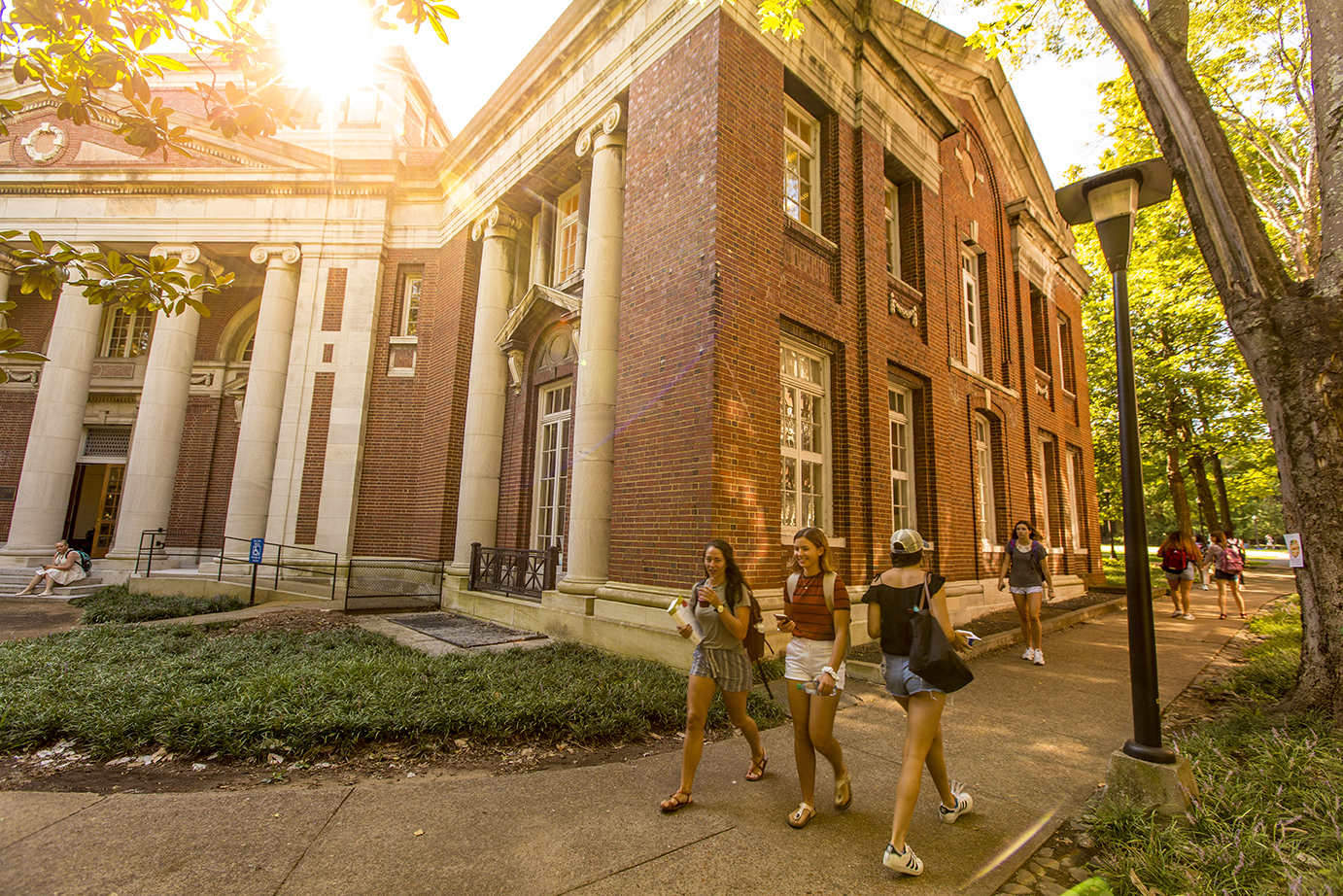
For some students with disabilities, full inclusion may not be the answer
Proponents of full inclusion—placing students with disabilities in general classrooms for most of the school day—maintain that the more time those students spend in such classes, the better they do academically. A new paper by Vanderbilt Peabody College of education and human development researchers challenges that assumption. Read MoreSep 16, 2022
-
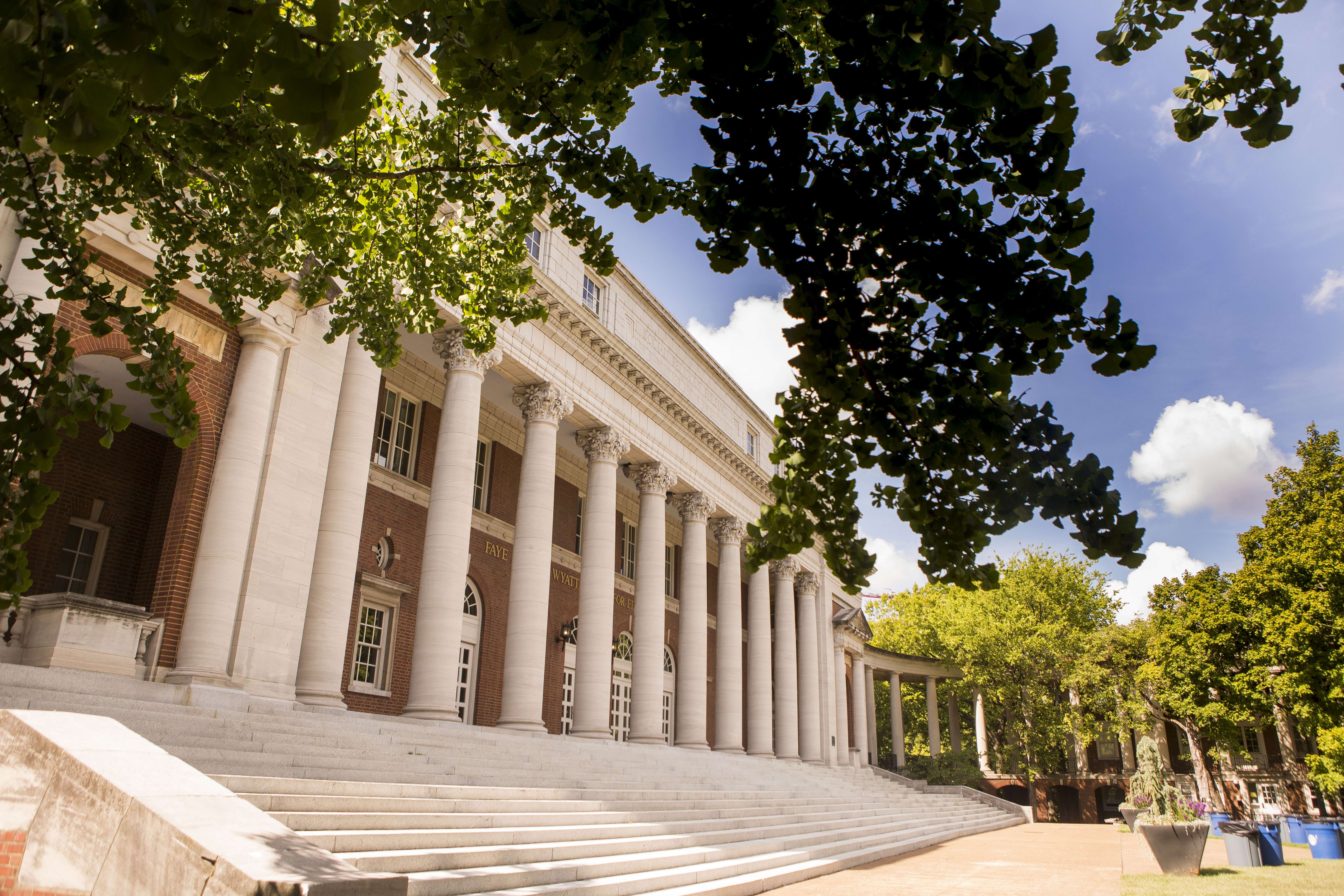
Peabody College and Mathematica receive $1.42M from Wallace Foundation to study assistant principals and equitable pathways to the principalship
The Wallace Foundation recently awarded a four-year, $1.42 million grant to Vanderbilt Peabody College of education and human development and Mathematica for a new study to expand knowledge about assistant principals and provide new insights on how the role can help diversify the principal profession and advance educational equity. Read MoreSep 16, 2022
-
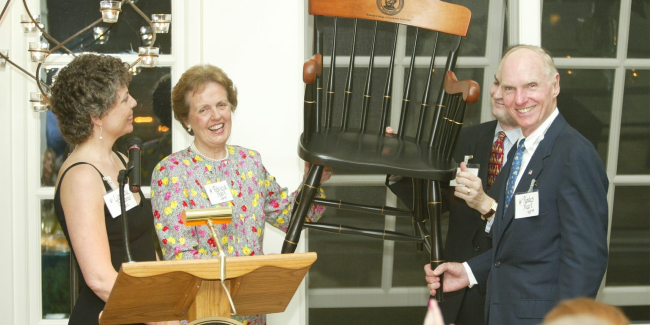
Patricia Ingram Hart, BA’57, philanthropist and civic leader, has died
Patricia Ingram Hart, one of Vanderbilt University’s most generous benefactors, died Aug. 13 at her home in Nashville. Read MoreSep 7, 2022
-
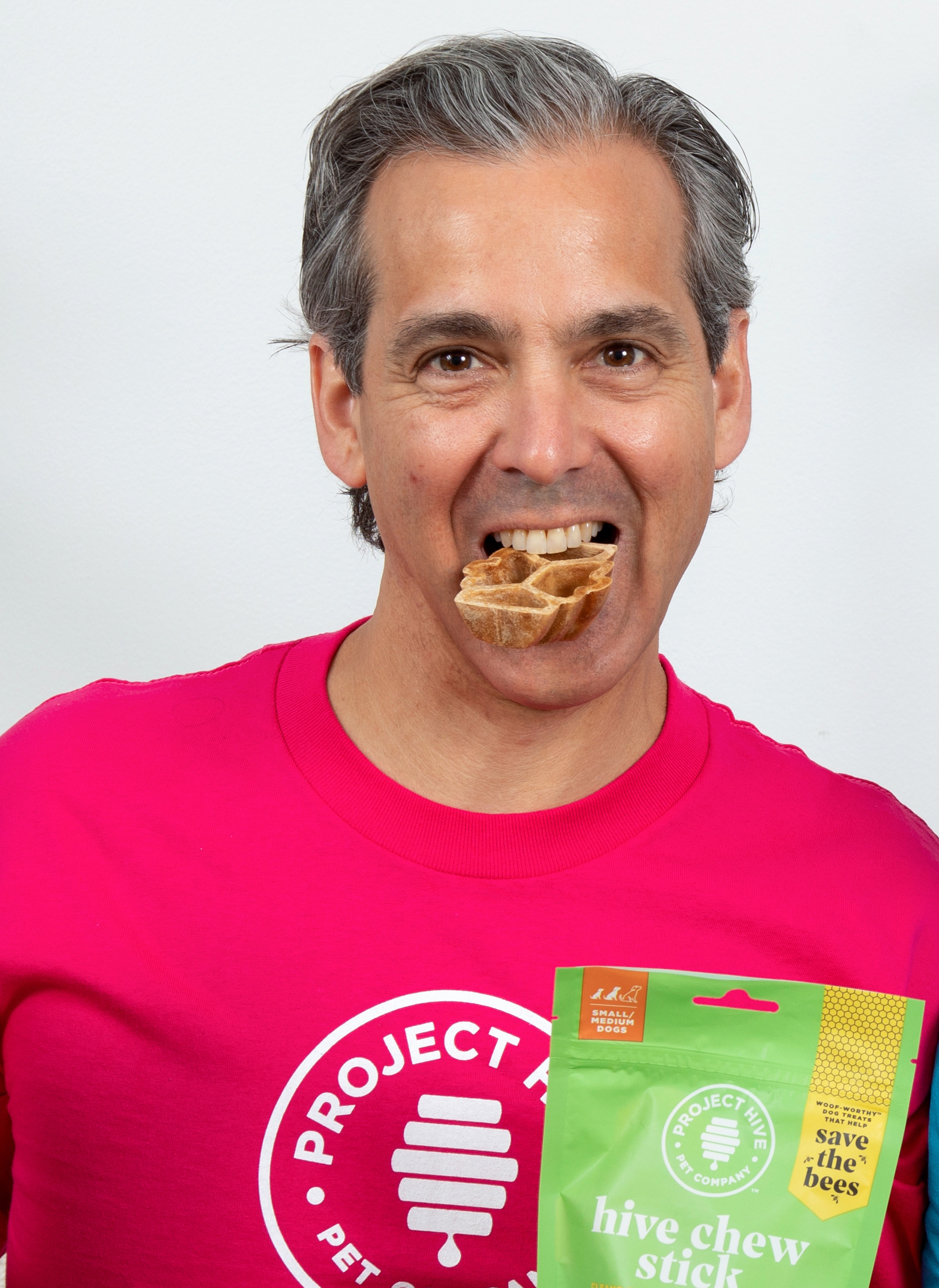
Jim Schifman, BS’90: ‘Bee’ for Business
Jim Schifman, BS'90, and his wife, Melissa, launched Project Hive Pet Company last year, selling dog toys and treats that directly contribute to rebuilding bee habitats. Their beehive-themed dog toys are sustainably manufactured in the United States and the company donates 1 percent of gross sales to the Bee and Butterfly Habitat Fund, which works with private, public and corporate partners to help establish and manage pollinator habitats on their lands. Read MoreAug 15, 2022
-
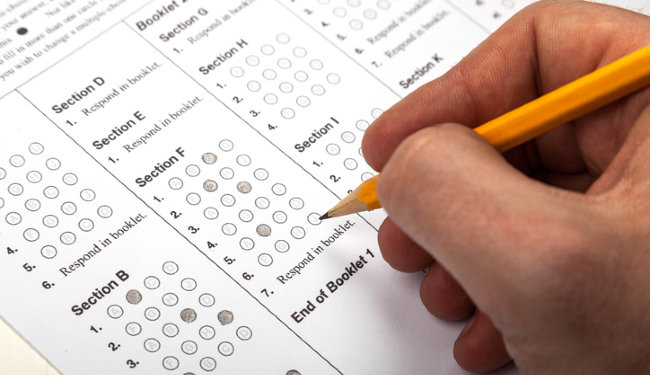
Q&A: What can a 50-year study teach us about giftedness?
The Study of Mathematically Precocious Youth, a first-of-its-kind longitudinal study led by Vanderbilt researchers Camilla P. Benbow and David Lubinski, continues to shape the way we understand giftedness, success and happiness. Read MoreJul 27, 2022
-
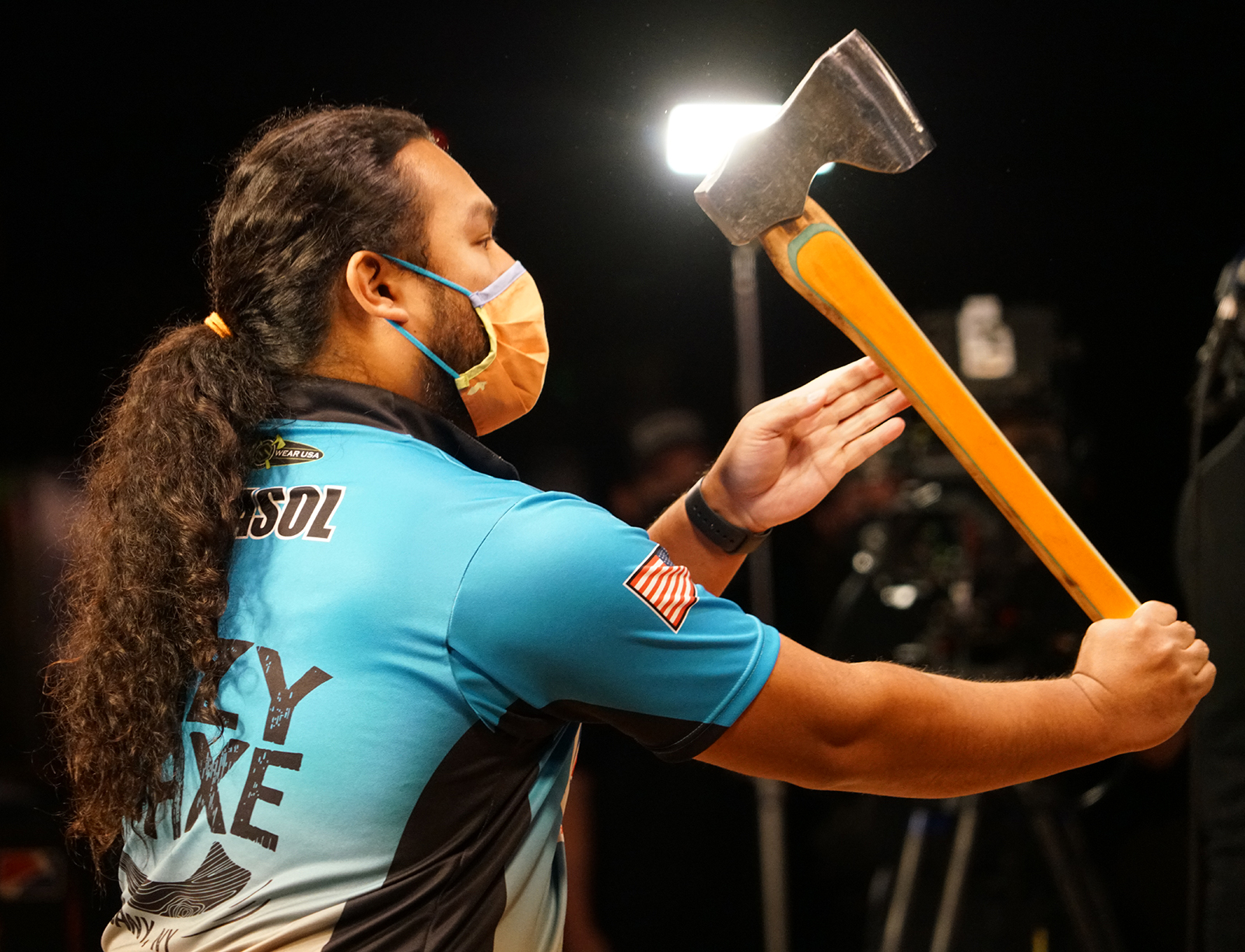
Competitive Edge: World champion axe thrower Mark Mirasol, MEd’17, aims for success as he builds a business around the up-and-coming sport
World champion axe thrower Mark Mirasol, MEd’17, aims for success as he builds a business around the up-and-coming sport. Read MoreJun 20, 2022
-

Vanderbilt Humphrey Fellow witnesses human toll of war in Ukraine, hopes for peace as atrocities continue
Former Ukrainian government minister Anna Novosad is creating educational opportunities for those navigating life in a war zone. She will share her experiences at a June 23 virtual event open to the Vanderbilt community. Read MoreJun 15, 2022
-
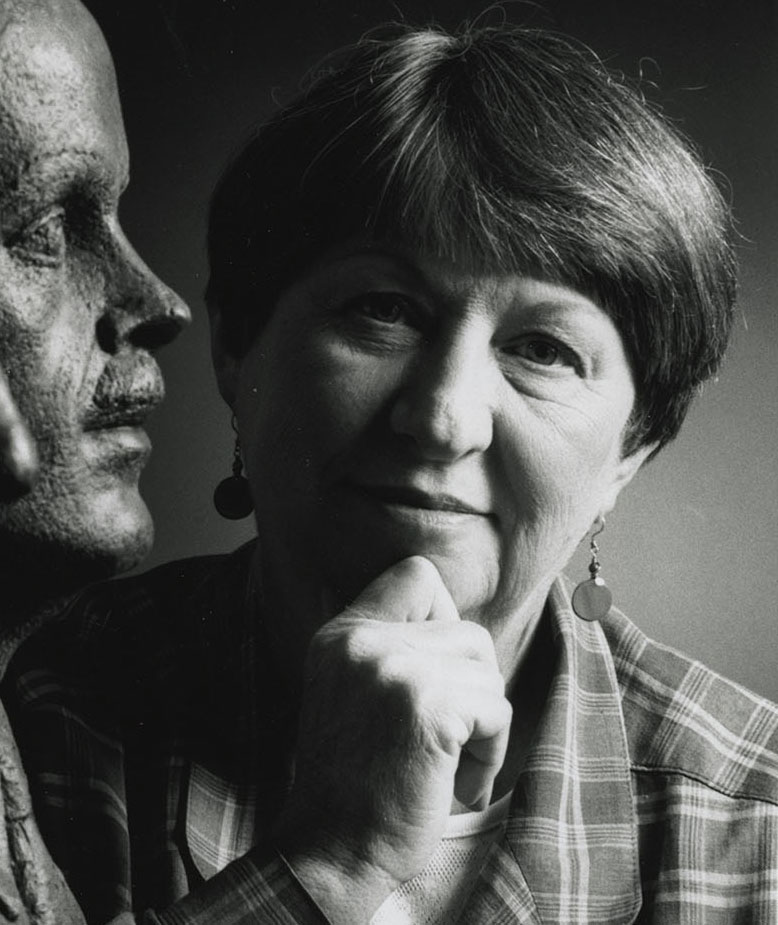
Marice Moylan Wolfe, MLS’77: University Archivist and Head of Special Collections
Marice Wolfe, of Nashville, the first woman to serve as Vanderbilt’s university archivist, died Jan. 3. She was 86. Read MoreApr 27, 2022
-
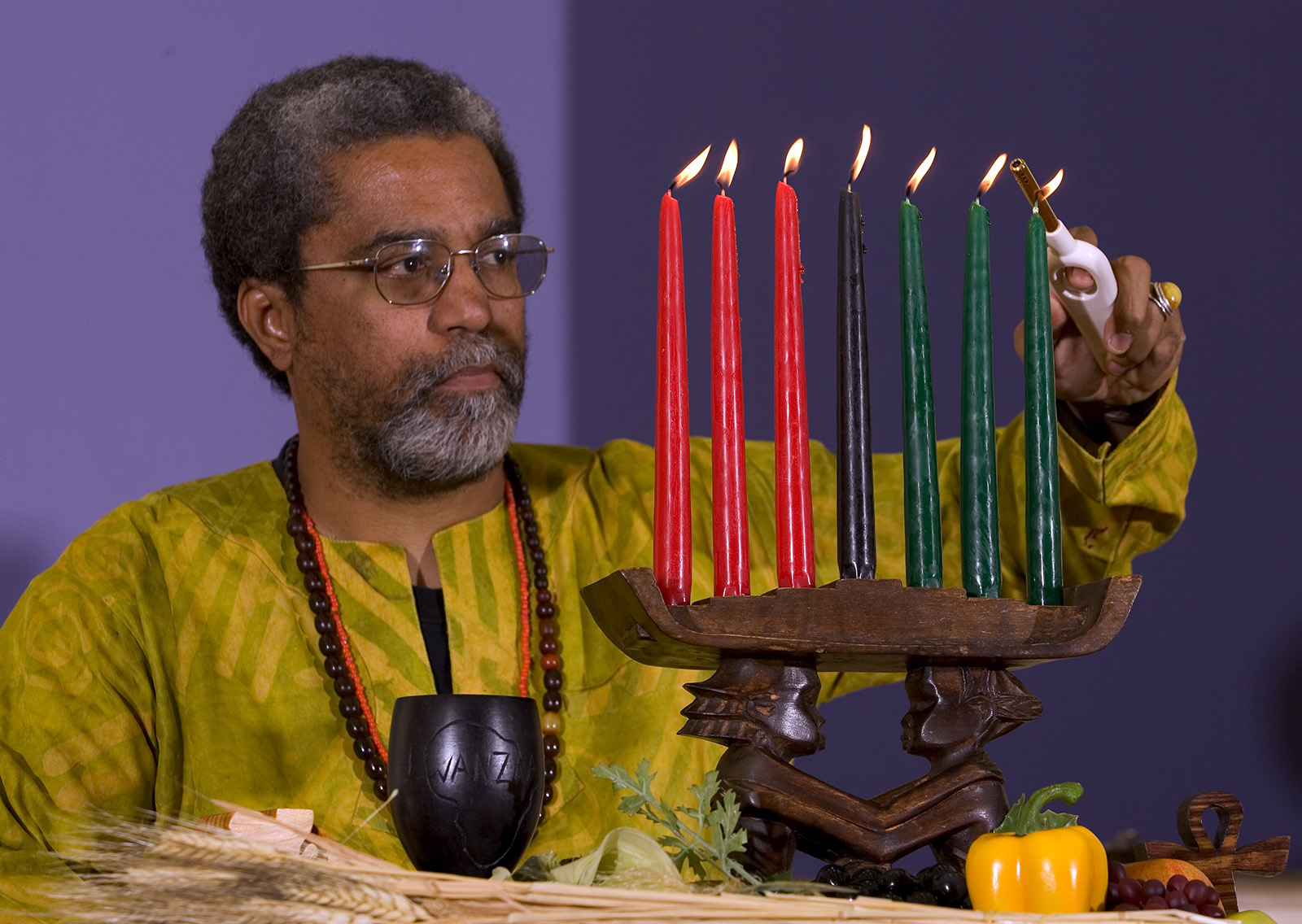
Yusef Harris ’83: Entrepreneur and Community Builder
Joseph “Yusef” Fontaine Harris III, founder and owner of Alkebu-Lan Images, Nashville’s only independent, Black-owned bookstore and a cornerstone of the North Nashville community for more than 35 years, died Jan. 3. Read MoreApr 27, 2022
-
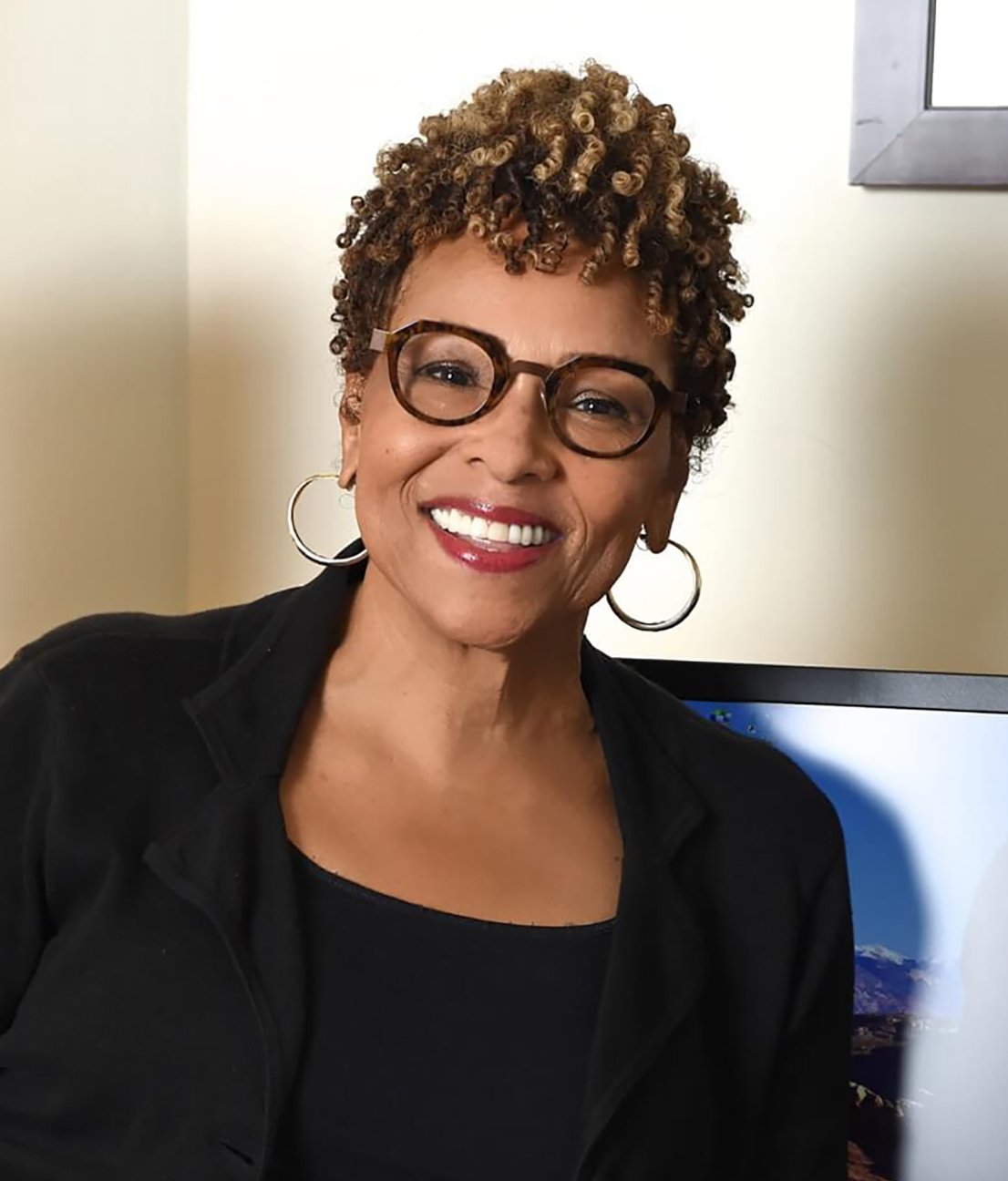
Joyce Searcy, MS’78: Making Libraries Accessible
Joyce Searcy grew up in segregated Yazoo City, Mississippi, where going to the public library would have meant entering through its back door. Today she is the first Black person to serve as chair of the Nashville Public Library board. Read MoreApr 22, 2022
-

Michael Brasseur, BS’97: From Vandy Commodore to Actual Commodore
In his long U.S. Navy career, Michael Brasseur, BS'97, has had numerous command postings, including his latest as a full commodore. Based in Bahrain, he commands Task Force 59, the Navy’s first unmanned task force dedicated to securing the waters around the Arabian Peninsula. He directs a team dedicated to rapidly harnessing the power of unmanned and artificial intelligence integration to promote the free flow of commerce in the area. Read MoreApr 19, 2022
-
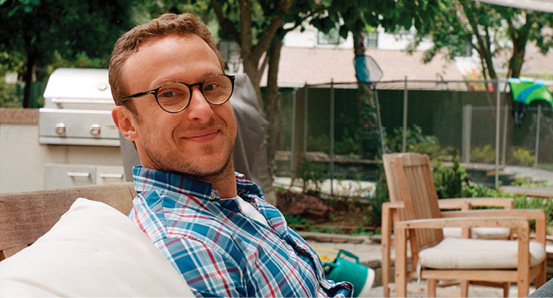
Aaron Berndtson, BS’06 and Zach Blitz, BS’06: They’ve Got Game
The success of Aaron Berndtson and Zach Blitz contradicts every parent who has warned their teenager that they can’t make a living playing video games. The 2006 graduates, whose friendship was forged over Madden NFL and NCAA Football, now hold leadership positions on the cutting edge of the video-game industry. Read MoreAug 19, 2021
-
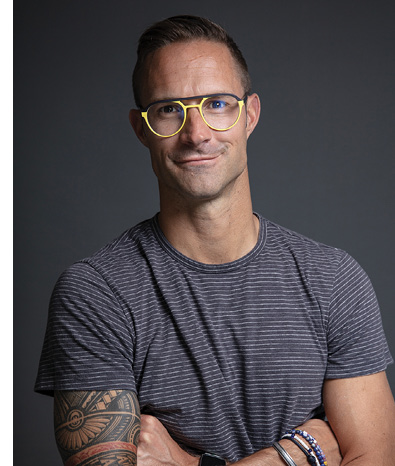
Christopher Tuff, BS’03, Millennial Connections
Alumnus Christopher Tuff, author of bestseller 'The Millennial Whisperer,' says this generation wants to matter to their employers, and they want their work to matter too. Understanding this dynamic results in business tactics that cost zero dollars and provide big paybacks. Read MoreApr 22, 2021